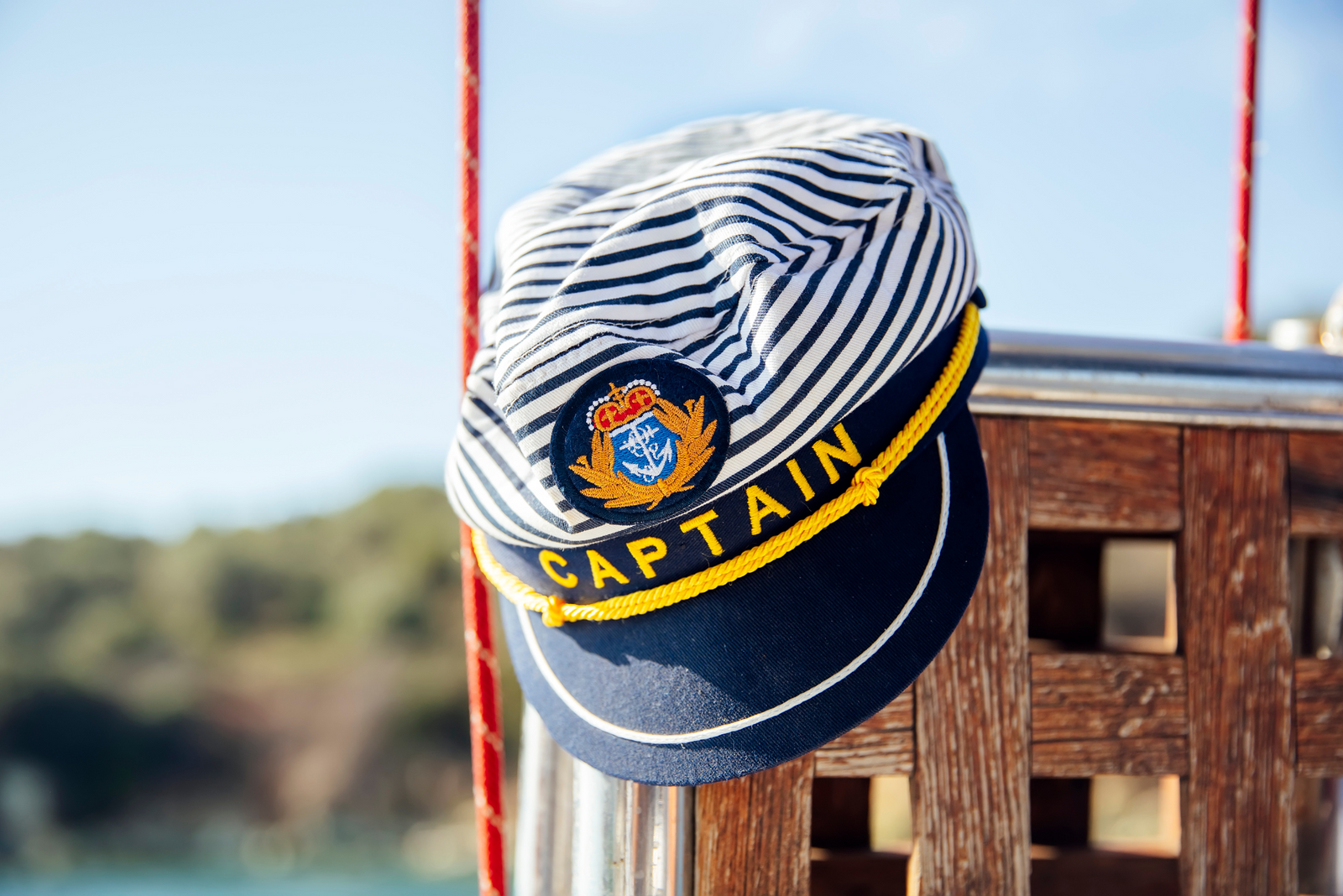Free Shipping On Orders $50+
Free Shipping On Orders $50+

What to Do Before Your Captain’s License Test
by Bob Figular November 22, 2024
When you get your driver’s license, you must prove your knowledge, both on paper and behind the wheel. You may think it’s the same for a captain’s license test. Contrary to this belief, you don’t need to take an in-person practical exam or “on-the-water” training with a licensed captain to obtain a captain’s license.
The Coast Guard does, however, require boaters to have a minimum number of days of boating experience. The good news is that you can document this time beginning at 16 years old, so you may already be well on your way to meeting this requirement.
Are you ready to start racking up boating experience? Make sure you follow these guidelines.

Before the Captain’s License Test: Minimum Boating Experience
A captain’s license is a big responsibility; not just anyone should have one. After all, you’ll have passengers’ lives in your hands.
The Coast Guard requires boating experience to prove your competence on the water before you take the captain’s license test. You can take our course and exam before you have all your boating experience, but you must meet all the requirements — including documented boating experience — by the time you submit a complete application to the Coast Guard.
The minimum requirement is at least 360 days of boating experience since you were 16 years old. A “day” refers to at least four hours underway on the water — not docked, anchored, or moored. Unfortunately, you can only count one day of experience per 24 hours. Spending eight hours out on your boat, for example, will only count for one day of experience.
To meet the recency requirement, 90 of your 360 days must occur within seven years before applying for your license. After all, the Coast Guard wants to make sure you’re still active on the water when you apply.
The Coast Guard will issue the appropriate license based on your experience. Factors like what size vessels you’ve been on and where you’ve done your boating determine what type of license you receive.
You’ll have your captain’s license for five years, during which you need to spend another 360 days on the water to meet the Coast Guard’s renewal requirements.

Qualifying Vessels
The vessel you use to gain experience must have at least a 5-horsepower (HP) engine and not exceed 200 gross register tonnage.
If it’s a sailing vessel, you must have at least a 5 HP engine on board, but you don’t need to use the engine. However, without a motor, only 20% of your boating experience will count toward your total time.
Prove Your Experience
To prove you’ve met the experience requirements, you’ll fill out the Sea Service Form CG-719S. One form is good for one vessel for five years’ worth of experience. You’ll use multiple forms if you have experience on more than one vessel.
If you were aboard your own vessel, you’ll sign off on the time and provide proof of ownership, such as the registration, vessel documentation, insurance card, or sales receipt. If the time was on someone else’s boat, the owner will sign off on the form for you.
The Coast Guard isn’t looking for detailed logbooks or official records to certify this time. Rather, they use the honor system. Your best guess is enough!
Start Earning Your Captain’s License
Boating experience is only one requirement to earn a captain’s license — you must also take a written captain’s license test. The best way to pass is by going through a Coast Guard-approved course. At Mariners Learning System, we offer convenient, comprehensive learning materials that perfectly prepare you for our online exam. Start your course today.
Leave a Comment
Comments will be approved before showing up.
